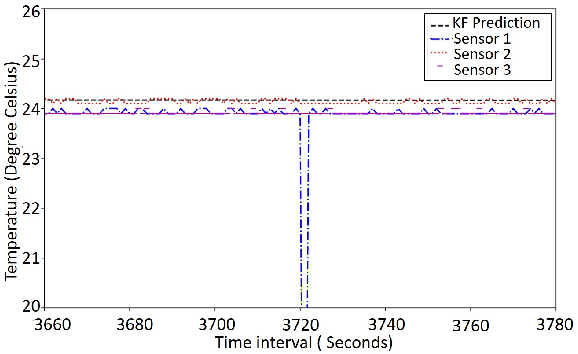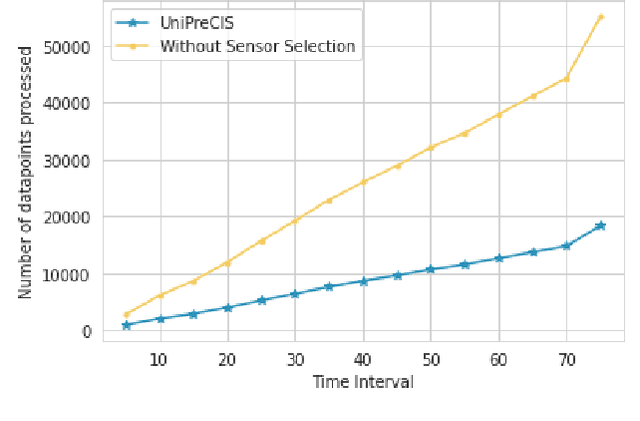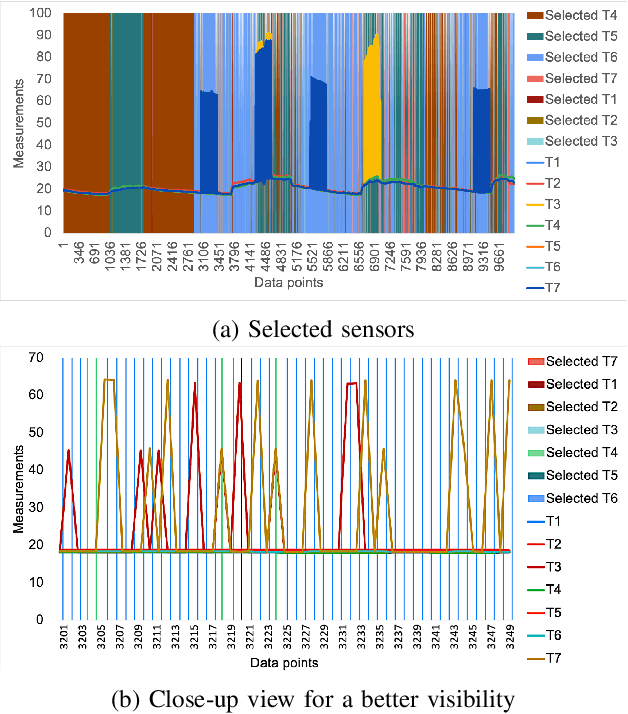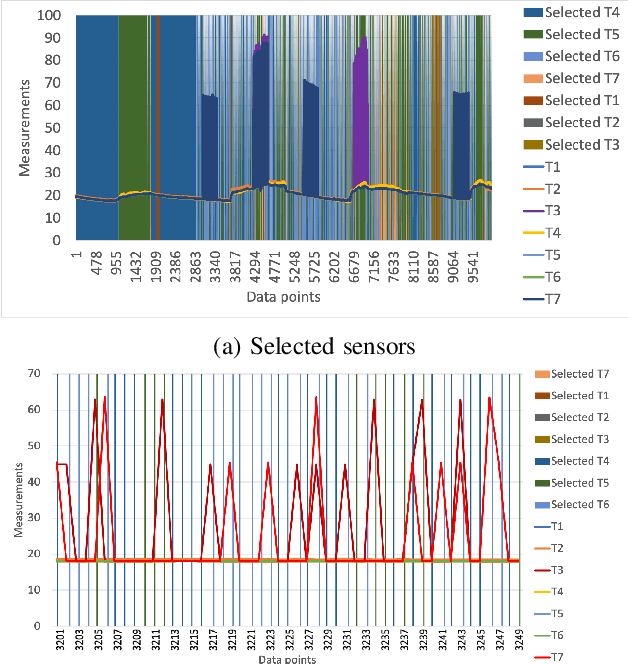Suchetana Chakraborty
pFedGame -- Decentralized Federated Learning using Game Theory in Dynamic Topology
Oct 05, 2024



Abstract:Conventional federated learning frameworks suffer from several challenges including performance bottlenecks at the central aggregation server, data bias, poor model convergence, and exposure to model poisoning attacks, and limited trust in the centralized infrastructure. In the current paper, a novel game theory-based approach called pFedGame is proposed for decentralized federated learning, best suitable for temporally dynamic networks. The proposed algorithm works without any centralized server for aggregation and incorporates the problem of vanishing gradients and poor convergence over temporally dynamic topology among federated learning participants. The solution comprises two sequential steps in every federated learning round, for every participant. First, it selects suitable peers for collaboration in federated learning. Secondly, it executes a two-player constant sum cooperative game to reach convergence by applying an optimal federated learning aggregation strategy. Experiments performed to assess the performance of pFedGame in comparison to existing methods in decentralized federated learning have shown promising results with accuracy higher than 70% for heterogeneous data.
UniPreCIS : A data pre-processing solution for collocated services on shared IoT
Aug 01, 2022



Abstract:Next-generation smart city applications, attributed by the power of Internet of Things (IoT) and Cyber-Physical Systems (CPS), significantly rely on the quality of sensing data. With an exponential increase in intelligent applications for urban development and enterprises offering sensing-as-aservice these days, it is imperative to provision for a shared sensing infrastructure for better utilization of resources. However, a shared sensing infrastructure that leverages low-cost sensing devices for a cost effective solution, still remains an unexplored territory. A significant research effort is still needed to make edge based data shaping solutions, more reliable, feature-rich and costeffective while addressing the associated challenges in sharing the sensing infrastructure among multiple collocated services with diverse Quality of Service (QoS) requirements. Towards this, we propose a novel edge based data pre-processing solution, named UniPreCIS that accounts for the inherent characteristics of lowcost ambient sensors and the exhibited measurement dynamics with respect to application-specific QoS. UniPreCIS aims to identify and select quality data sources by performing sensor ranking and selection followed by multimodal data pre-processing in order to meet heterogeneous application QoS and at the same time reducing the resource consumption footprint for the resource constrained network edge. As observed, the processing time and memory utilization has been reduced in the proposed approach while achieving upto 90% accuracy which is arguably significant as compared to state-of-the-art techniques for sensing. The effectiveness of UniPreCIS has been evaluated on a testbed for a specific use case of indoor occupancy estimation that proves its effectiveness.
 Add to Chrome
Add to Chrome Add to Firefox
Add to Firefox Add to Edge
Add to Edge